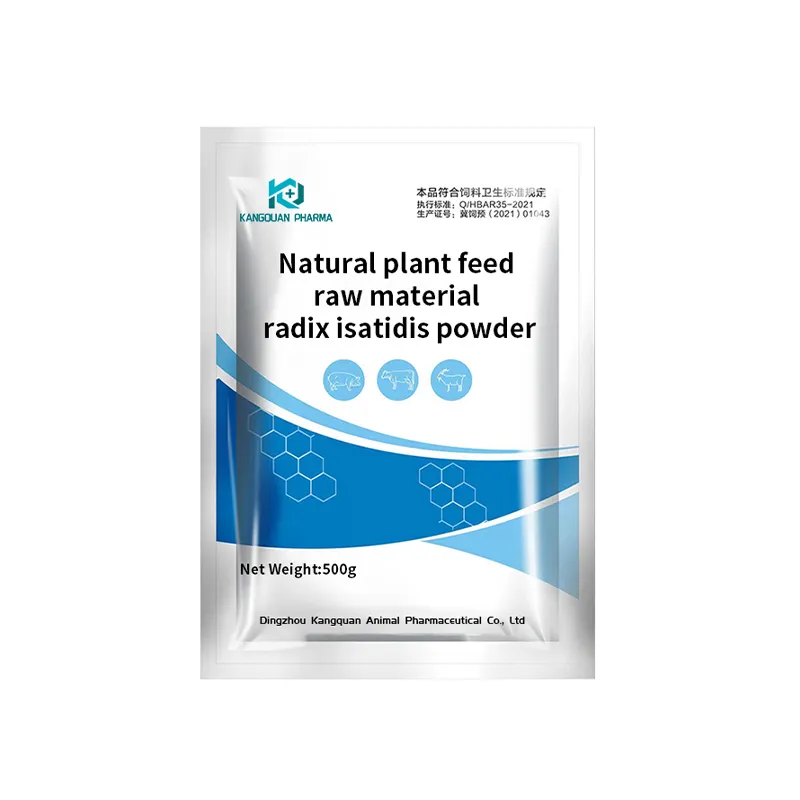- Afrikaans
- Albanian
- Amharic
- Arabic
- Armenian
- Azerbaijani
- Basque
- Belarusian
- Bengali
- Bosnian
- Bulgarian
- Catalan
- Cebuano
- Corsican
- Croatian
- Czech
- Danish
- Dutch
- English
- Esperanto
- Estonian
- Finnish
- French
- Frisian
- Galician
- Georgian
- German
- Greek
- Gujarati
- Haitian Creole
- hausa
- hawaiian
- Hebrew
- Hindi
- Miao
- Hungarian
- Icelandic
- igbo
- Indonesian
- irish
- Italian
- Japanese
- Javanese
- Kannada
- kazakh
- Khmer
- Rwandese
- Korean
- Kurdish
- Kyrgyz
- Lao
- Latin
- Latvian
- Lithuanian
- Luxembourgish
- Macedonian
- Malgashi
- Malay
- Malayalam
- Maltese
- Maori
- Marathi
- Mongolian
- Myanmar
- Nepali
- Norwegian
- Norwegian
- Occitan
- Pashto
- Persian
- Polish
- Portuguese
- Punjabi
- Romanian
- Russian
- Samoan
- Scottish Gaelic
- Serbian
- Sesotho
- Shona
- Sindhi
- Sinhala
- Slovak
- Slovenian
- Somali
- Spanish
- Sundanese
- Swahili
- Swedish
- Tagalog
- Tajik
- Tamil
- Tatar
- Telugu
- Thai
- Turkish
- Turkmen
- Ukrainian
- Urdu
- Uighur
- Uzbek
- Vietnamese
- Welsh
- Bantu
- Yiddish
- Yoruba
- Zulu
Tach . 10, 2024 23:34 Back to list
Can I Safely Use Jeyes Fluid Around My Dog's Environment?
Can I Use Jeyes Fluid on My Dog?
When it comes to maintaining a clean and hygienic environment for our pets, we often seek effective cleaning products. One such product that frequently comes up in discussions is Jeyes Fluid, a powerful disinfectant known for its versatility and strength. However, when it comes to pets, particularly dogs, it is imperative to exercise caution and do thorough research before using such products.
Jeyes Fluid is a strong disinfectant primarily used for cleaning outdoor spaces, including patios, driveways, and gardens. It is known for its ability to kill bacteria, viruses, and fungi. It is often used in zoos and veterinary practices for its potent antimicrobial properties. However, its use around pets, especially dogs, raises concerns due to its chemical composition.
Safety Concerns
The active ingredients in Jeyes Fluid include phenolic compounds, which can be harmful to pets if ingested or even when exposed to their skin. Dogs are naturally curious animals, often sniffing and licking surfaces, which increases the risk of accidental ingestion. If Jeyes Fluid is used in an area where your dog frequently roams, it can potentially lead to serious health issues.
Ingestion of Jeyes Fluid can result in symptoms such as vomiting, diarrhea, drooling, and lethargy. In severe cases, it can cause chemical burns and damage to internal organs. Moreover, even the fumes from Jeyes Fluid can irritate a dog’s respiratory system, especially for those with pre-existing conditions like asthma or bronchitis.
Recommendations
can i use jeyes fluid on my dog

Given the potential risks associated with Jeyes Fluid, it is advisable to manage cleaning tasks involving this product carefully. Here are some recommendations for pet owners
2. Use Pet-Friendly Alternatives Consider using safer, pet-friendly cleaning solutions. Many natural options, such as vinegar and baking soda, can be effective and are less likely to harm your pet.
3. Consult Your Veterinarian If you have concerns about cleaning products and their effects on your dog, it is always best to consult your veterinarian. They can provide guidance tailored to your pet’s specific health needs.
4. Read Labels Carefully If you still choose to use Jeyes Fluid, always read the label carefully and follow the manufacturer's instructions. Make sure that any areas treated with the product are thoroughly rinsed and dried before allowing your dog to access them.
Conclusion
While Jeyes Fluid may be a potent cleaning agent, its safety around dogs is questionable. Pet owners should take extra precautions to ensure their furry companions are not exposed to harmful chemicals. It is crucial to prioritize your dog's health and well-being over cleaning convenience. Investigating and utilizing pet-safe cleaning products can help maintain cleanliness in your home without compromising your dog's safety. The best practice involves being informed, cautious, and proactive in protecting your pet from potential hazards associated with household cleaning products like Jeyes Fluid. Does your cleaning routine prioritize your pet’s health? It should; after all, they depend on us to keep their environment safe and secure.
-
Guide to Oxytetracycline Injection
NewsMar.27,2025
-
Guide to Colistin Sulphate
NewsMar.27,2025
-
Gentamicin Sulfate: Uses, Price, And Key Information
NewsMar.27,2025
-
Enrofloxacin Injection: Uses, Price, And Supplier Information
NewsMar.27,2025
-
Dexamethasone Sodium Phosphate Injection: Uses, Price, And Key Information
NewsMar.27,2025
-
Albendazole Tablet: Uses, Dosage, Cost, And Key Information
NewsMar.27,2025













